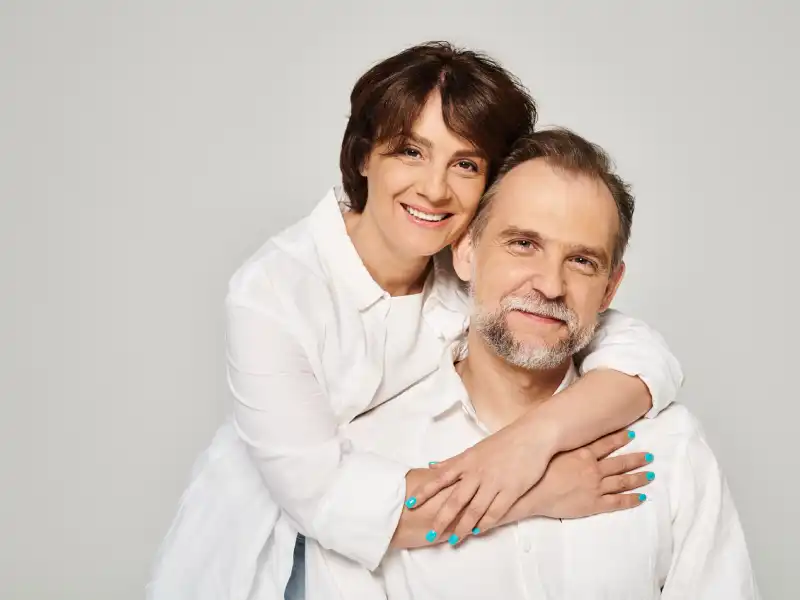Your Questions Answered
Dr. Wang, a board-certified plastic surgeon, answers some of the most common questions he gets from his plastic surgery patients in Pasadena and the Inland Empire. Have a question for Dr. Wang that’s not addressed here? Contact our office and we’ll provide a thoughtful response.
Are All Board Certified Physicians the Same?
I get asked this question from patients all the time. The short answer is “absolutely not.” We commonly see advertisements featuring physicians claiming that they are “board certified.” The unfortunate reality is that any group of medical professionals can get together and create its own board certification. These organizations confuse patients and devalue the credentials of physicians who have earned board certification from a board recognized by the American Board of Medical Specialties (ABMS).
The ABMS oversees and recognizes the established boards in 24 medical specialties. The American Board of Plastic Surgery (ABPS) is the designated board for the credentialing of plastic surgery of the face and all areas of the body. To be certified by the ABPS, a physician has to have at least six years of surgical training and experience, with a minimum of three years of plastic surgery training in an accredited residency program. In addition the certification requires passing rigorous oral and written exams.
To refer to themselves as a “board certified plastic surgeon,” physicians must be certified by the ABPS. Board certified plastic surgeons are guaranteed to have advanced plastic surgery training that helps them perform these types of procedures. I believe it is essential that you clearly identify the credentials of the physicians you are considering and place great emphasis on their level of training and experience in the field of plastic surgery.
To see if your physician is board certified by a specialty board of the American Board of Medical Specialties, visit their Web site: http://www.abms.org
To see if your physician is a board certified plastic surgeon, visit the American Board of Plastic Surgery, Inc. Web site: http://www.abplsurg.org
Can I Afford Plastic Surgery or Non-Surgical Cosmetic Treatments?
Plastic surgery is not just for the rich and famous. Long before cosmetic procedures were popularized by the media, plastic surgeons performed life-changing reconstructive surgeries for average people with congenital or traumatic deformities. People from all walks of life and from all parts of the country have chosen cosmetic surgery – surgical improvement is now in the mainstream and cosmetic surgery terms like “breast enlargement” and “nose job” have entered everyday vocabulary. The popularity of plastic surgery in Pasadena, Southern California, and throughout the nation is further heightened by massive media coverage and TV shows that focus on cosmetic improvement.
A recent study concluded that almost 60 percent of people who had recently had plastic surgery or who were seriously considering plastic surgery had a household income of $30,000 to $90,000 a year. In fact, almost half of the people in this group reported an annual income of $30,000 to $60,000. In recent years, more and more financing options have become available to help women and men considering cosmetic surgery to achieve their goals.
At Wang Plastic Surgery, we’re committed to finding a financing option that works for you. That’s why, in addition to accepting cash, checks, and Visa and MasterCard, we offer cosmetic surgery financing through some of the most trusted companies in the industry. Our financing consultants are happy to work closely with you to find a way to make your surgery fit both your lifestyle and your budget.
What Does it Mean to Have Plastic Surgery Preformed at an "Accredited" Facility?
Not all plastic surgeries are performed in the same facilities. Some practitioners perform cosmetic surgery procedures in unaccredited facilities. While no surgeon can guarantee safety or predict outcome, important steps can be taken to minimize your surgical risks. One of the most important aspects of surgical safety is having a well-equipped facility and well-trained personnel. Accredited facilities have been evaluated and certified by an independent organization that rates the quality of the facility and its safety features.
The quality of the surgical facility and staff should be one of the key factors you use when evaluating surgeons. Making sure that your procedure can be performed in an accredited facility will significantly reduce safety risks and increase your comfort level. Along with other ASPS Member Surgeons, I perform surgeries only in accredited facilities.
I highly recommend that prospective patients visit the actual surgical facilities of the doctors they are considering and meet with the staff prior to signing up for a surgical procedure. Check to see if the operating room is well equipped and spacious. Look at the recovery area to see if there is enough space and privacy. Talk to the staff to see if they are warm and caring. You have to have enough trust in the facility and the staff to allow them to care for you during your surgery.
Here are some questions to ask during your visit:
- Do you use an M.D. anesthesiologist or a nurse anesthetist?
- Is each staff member dedicated to one job duty or covering many surgery rooms or surgical patients at one time?
- Where is the transferring hospital if there is an emergency?
- Does the operating surgeon have privileges at that hospital so that in the event of an unexpected emergency the surgeon can continue to provide uninterrupted care?
Is It Okay to Ask to Speak with Previous Patients?
Absolutely. We encourage all prospective patients to talk with people who have had a similar procedure at Wang Plastic Surgery. While no surgeon can claim that 100% of their patients are 100% satisfied, any reputable plastic surgeon should be able to provide a list of prior patients as references. Talking with past patients about their experiences and results is an excellent way for you to learn about your upcoming surgery and more importantly, to make an informed decision about whether a particular surgeon fits your personal style.
When you talk with someone who’s already had the procedure you are considering, you can gain insights from a first person’s perspective about the cosmetic procedures that interest you. You can also gauge how the surgeon and staff members take care of their patients. The experiences of others give you a good insight into how you are likely to be treated before, during, and after your surgery.
In order to protect the privacy of our patients, we first obtain permission from them prior to letting them be contacted.
Is it OK to Combine Cosmetic Procedures?
Yes. Many patients seeking plastic surgery in the Pasadena area are unhappy with more than one aspect of their physical appearance. Combining cosmetic procedures is an excellent way to address multiple concerns at one time. It can often cut down on recovery time and cost.
Liposuction is often combined with other procedures. When combined with a tummy tuck, liposuction can help remove small pockets of fat for a more contoured appearance.
Since most facial surgical procedures target only one area of the face, many patients find it useful to combine procedures. Also, people will often add non-surgical rejuvenation treatments to maintain or enhance their new look.
It’s important to find a surgeon who will take the time to discuss your cosmetic goals and help you effectively combine procedures to match your needs. Whether you’re interested in combining multiple procedures or simply want to learn about your options for rejuvenating your appearance, I recommend talking with a qualified surgeon.
Will Recovery Interfere With My Schedule?
Recovery times vary for all procedures. I work toward minimizing trauma during surgical procedures so patients experience only minor bruising and swelling. I understand that a quick and comfortable recovery is important, and I work with each patient to schedule surgery so the recovery period will fit into his or her schedule.
One way my Inland Empire plastic surgery patients avoid long recovery periods is by choosing nonsurgical procedures. Treatments such as BOTOX® Cosmetic and dermal fillers can provide temporary enhancement, and most people are able to return to their daily activities immediately.
Whether you’re interested in a surgical procedure or a nonsurgical rejuvenation treatment, it’s important to remember that many of these options can be customized to fit your needs.













